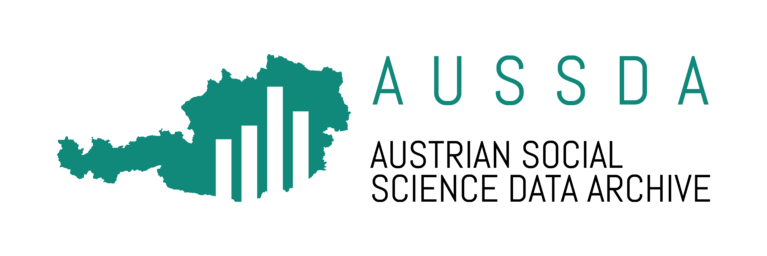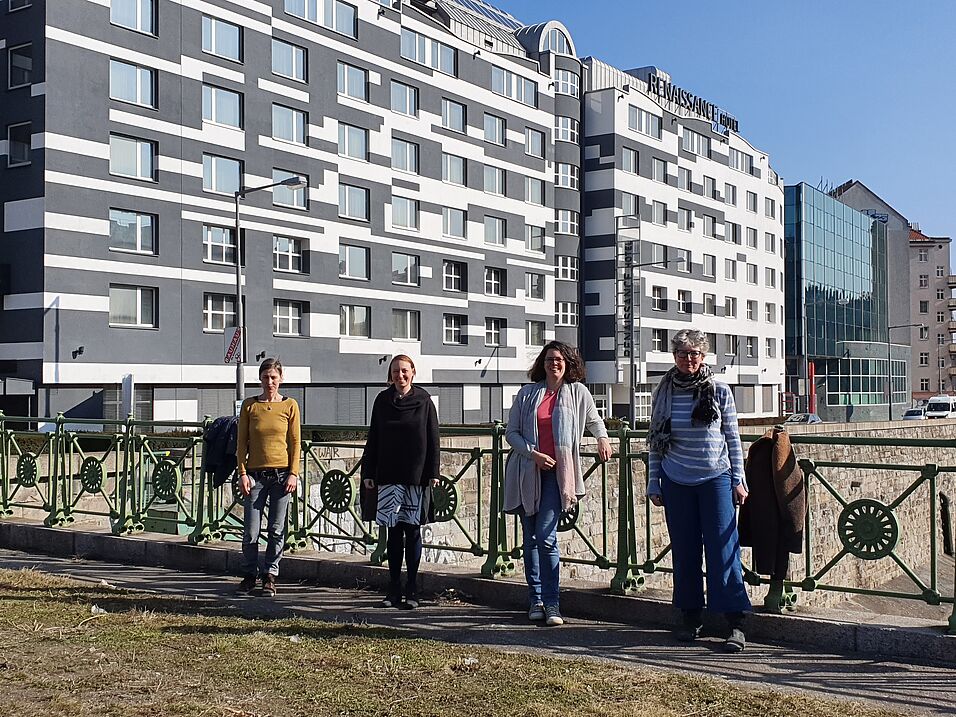What is the study about?
In the WWT-funded project "Learning in a State of Emergency", we looked at the consequences of the school closures in April 2020 and the subsequent partial opening. On the one hand, we investigated whether distance learning led to a deepening of social inequalities and in which areas problems manifested themselves. On the other hand, we explored the question of what new scope could be opened up through self-organised and informal learning when learning at home.
For this purpose, we interviewed pupils between the ages of 6 and 21, their parents and teachers at eleven Viennese schools (primary school, secondary school, grammar school and vocational school) using online questionnaires about their experiences, feelings and problems. In total they were asked to answer three questionnaires, sent during school closure, partial opening and for the summer holidays. The focus of each survey is on the situation of the pupils. The results of the project show how children and young people, their parents and the teachers organised learning during the time of the school closure and after the partial opening, how they assessed their learning progress and what fears and hopes were associated with the school closure and the partial opening.
Perspectives on the future design of teaching and education were also collected. These results were subsequently discussed with interested pupils in order to develop recommendations together with them. The results of the project thus go beyond the description of the immediate experience of the school closure, in that wishes and opportunities for shaping the education sector were discussed and analysed.
What is the most exciting aspect of the study for you? Were there any surprising results?
We were able to show that the school closures did indeed harm a considerable proportion of the pupils and that especially pupils from poorer, educationally disadvantaged and/or multilingual families or growing up with single parents had difficulties and also suffered emotionally from the school closures. However, students from well-qualified families whose parents had few resources to support them due to home office were often stressed as well. Those with more education, more space at home and with parents who had more time coped better with distance learning. However, it also became clear that disadvantaged pupils particularly benefited from (partially) open schools.
It should be emphasised that girls and young women, especially those over 14, were more stressed than boys or young men. At the same time, parents were more concerned about their sons' learning activities and tried to support or influence them more than their daughters. Girls were thought to be more self-organised and self-motivated – so the excessive demands and increased effort were overlooked. Teachers also did not perceive the reported excessive demands on girls and young women. This discrepancy needs to be addressed and analysed in more detail.
In the survey, pupils also expressed clear suggestions and ideas for a better organisation of school and learning. Especially those from socio-economically disadvantaged families emphasised that they want and need freedom and self-determination in learning (like others did as well). They equally need and want individual, personal support. The school has come into focus through the pandemic as a social space for learning, and it needs suitable and diverse spaces for learning and cooperation. These clear statements show that it is worth involving children and young people if we want to learn from the COVID-19 experience and make schools more open, inclusive and supportive for all.
Why did you decide to make the data freely available?
The pandemic has unexpectedly plunged us as a society into a real-life experiment in many areas, the consequences of which need to be assessed at different levels, especially through social science expertise and with a view to the different realities of the population's lives. The area of schools and the life contexts of children and young people are central to this. In the project, we collected perspectives from pupils, parents and teachers in three waves. This data captures experiences and perceptions of the consequences of school closure and partial opening and offers a wide range of analytical possibilities that are crucial for evidence-based policy and recommendations. We hope that the data can be used to test many questions that have not yet been addressed in detail and open questions and hypotheses that have relevance in research contexts.
- Dr. habil Ursula Holtgrewe, sociologist, has been head of the "Work and Equal Opportunities" department at the Centre for Social Innovation since 2016.
- Dr.in. Irina Vana, sociologist and doctor of social history, has been working at the Centre for Social Innovation as a research assistant and project manager in the "Work and Equal Opportunities" department since 2017.
- Martina Lindorfer has a Master degree in International Development (University of Vienna) and is employed as project manager and researcher at ZSI since 2008. Currently she is engaged in the Unit „Work and Equal Opportunities“ and working on projects dealing with digitalization, labour market integration and equal chances in the education system.
- Carmen Siller holds a university degree in Applied Linguistics and Cultural Studies. She has been working at ZSI since March 2005. Among her research interests are education and child development. Currently she is managing ZSI’s contribution to H2020 STEP change project (2021-2024), assessing the training needs of different citizen science initiatives and developing suitable training formats as well as supporting mutual learning and exchange.

